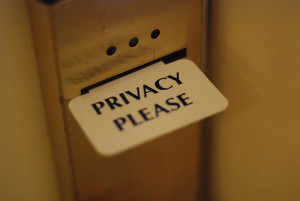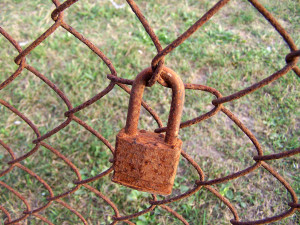The government should absolutely not have “wide latitude” to use cryptography to surveil citizens. Throughout history, the role of United States government has been to protect the rights of its citizens. It is bound to this duty, especially when it comes to protecting citizens from itself. A majority of citizens are not engaged in illegal activities, and they have a right to have their privacy ensured. It is nothing to say that our thoughts are kept private from each other, what good is there in that when the government can, and possibly does, read everything you say? That isn’t privacy. That is something that looks like privacy, but that has a back door for people who have too much access to possibly abused power.
In Singh Chapter 7, Singh mentions that a major concern of the government’s is their continued access to wiretapping, which is supposedly essential to their catching criminals and terrorists, etc. This does not mean that they should have the ability to perform a wiretap on basically anyone, whether or not they have reason to believe someone has committed a crime. There is no way to no whether the people who would be given “wide latitude” to surveil citizens would only do so in the name of national security. Also, as Singh mentions, “in America in 1994 there were roughly a thousand court-sanctioned wiretaps, compared with a quarter of a million federal cases” (Singh Ch. 7). Wiretaps that are not essential to the majority of cases cannot be the basis on which Americans cede their right to privacy. Never in history has the government had such invasive means of gathering information, and they should not be given such capabilities now.




